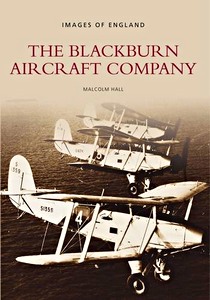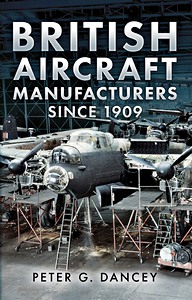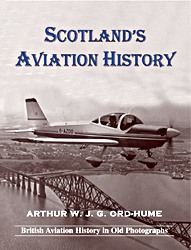Blackburn Buccaneer Manual (1958-1994) - An insight into the design, operation and preservation (Haynes Aircraft Manual)
Designed as a carrier-borne strike aircraft for the Royal Navy, the Blackburn/BAe Buccaneer eventually went on to serve with the RAF and the South African Air Force.
Operating from Royal Navy aircraft carriers to deliver nuclear weapons and conventional ordnance, the Navy transferred its Buccaneers to the RAF in 1969 where they were used in the overland strike role, later seeing combat in Gulf War 1 in 1991. The last Buccaneers were retired from RAF service in 1994.
Author Keith Wilson gives compelling insights into the design, operation and preservation of this iconic Cold War jet.
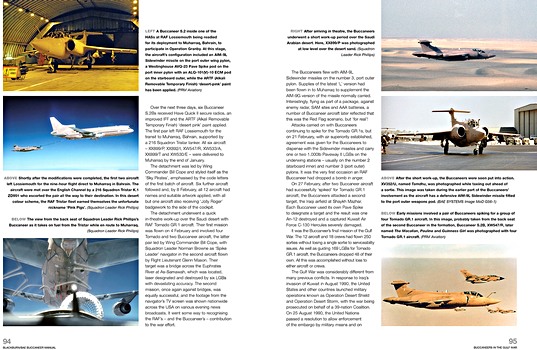
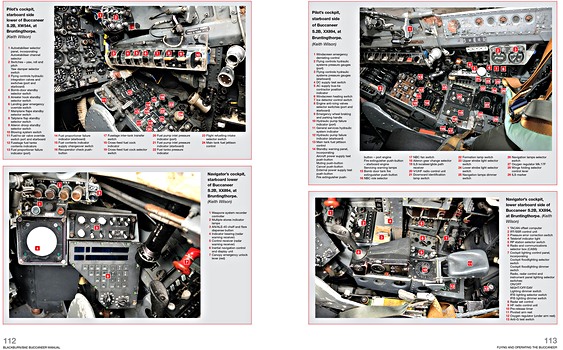
More information about Haynes Aircraft Manuals
Product details
| Author: | Keith Wilson |
|---|---|
| Details: | 192 pages, 10.8 x 8.5 x 0.63 in (27.5 x 21.5 x 1.6 cm), hardback |
| Illustrations: | many color photos |
| Language: | English (technical dictionaries in 19 languages are available for free download here) |
| Publisher: | Haynes Publishing (GB, 2018) |
| Series: | Haynes Aircraft Manual |
| ISBN: | 9781785211164 |
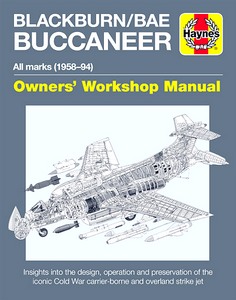
Blackburn Buccaneer Manual (1958-1994) - An insight into the design, operation and preservation
Language: English
View price, availability, and reviews on Amazon
View on Amazon.comView on Amazon UK
View on Amazon CA

